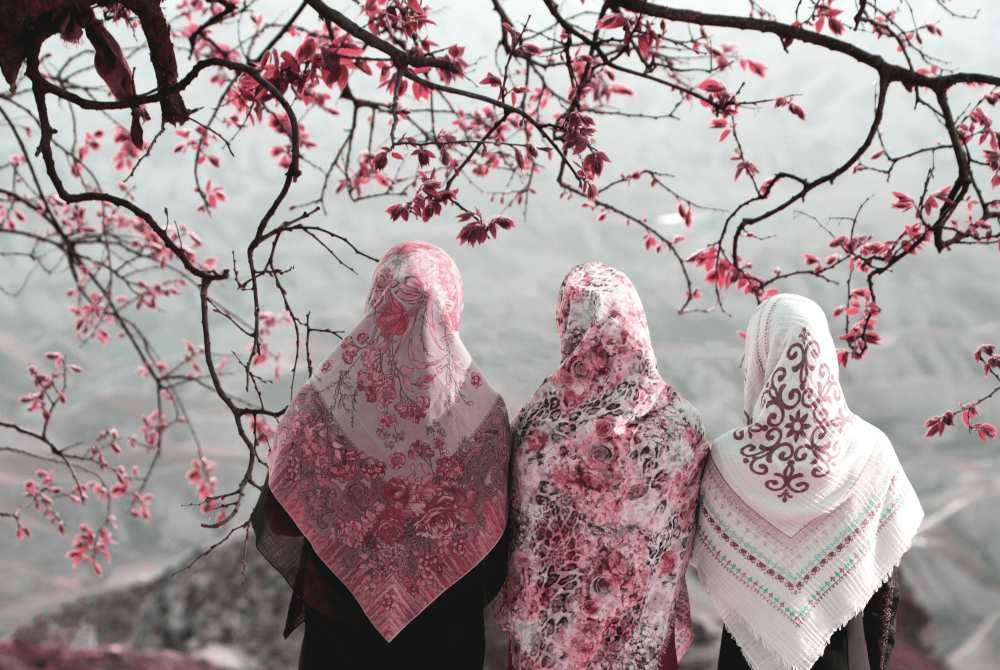Attire must avoid clinging to the body, religious expert advise
NURULFATIHA MUAH
RECENTLY, a discussion went viral on TikTok concerning the criticism of Muslim women's clothing made of satin fabric, deemed by some to be against Islamic law.
As the launch season for Raya collections intensifies, discussions on this topic have gained traction.
While some individuals express disagreement with the use of satin fabric for Muslim women's clothing, others defend such attire.
In response to the confusion, preacher Ustazah Asma’ Harun addressed the concept of covering the aurah for women on her Facebook account.

She clarified that not only satin fabric but any fabric that clings to the body and may reveal body contours is not in accordance with Islamic law.
"Now, as many begin to search for Hari Raya attire, vigilance is advised in selecting clothing.
"We must be mindful that, for the sake of following current trends, we do not neglect religious values," she said.
Asma stressed that the obligation for women to cover their aurah in front of non-mahram individuals is mandatory and not a matter of dispute.

According to her, this requirement is clearly outlined in the Quran, including verse 59 of Surah al-Ahzab and verses 30-31 of Surah an-Nur.
"Syariah stipulates conditions for covering the aurah, including ensuring that clothes do not reveal body parts or skin color.
"Clothing should not be overly revealing, thin, tight, or provocative to avoid arousing temptation and leading to sin," she added.
Asma advised Muslim women against excessive adornment to attract the attention of non-mahram individuals (tabarruj).
She noted that while many are aware of covering the aurah, sometimes matters related to tabarruj are overlooked.
"Some women may opt for bright colors solely to follow trends and showcase their beauty.
"Remember, women can adorn themselves solely for their husbands," Asma said.
Download Sinar Daily application.Click Here!














